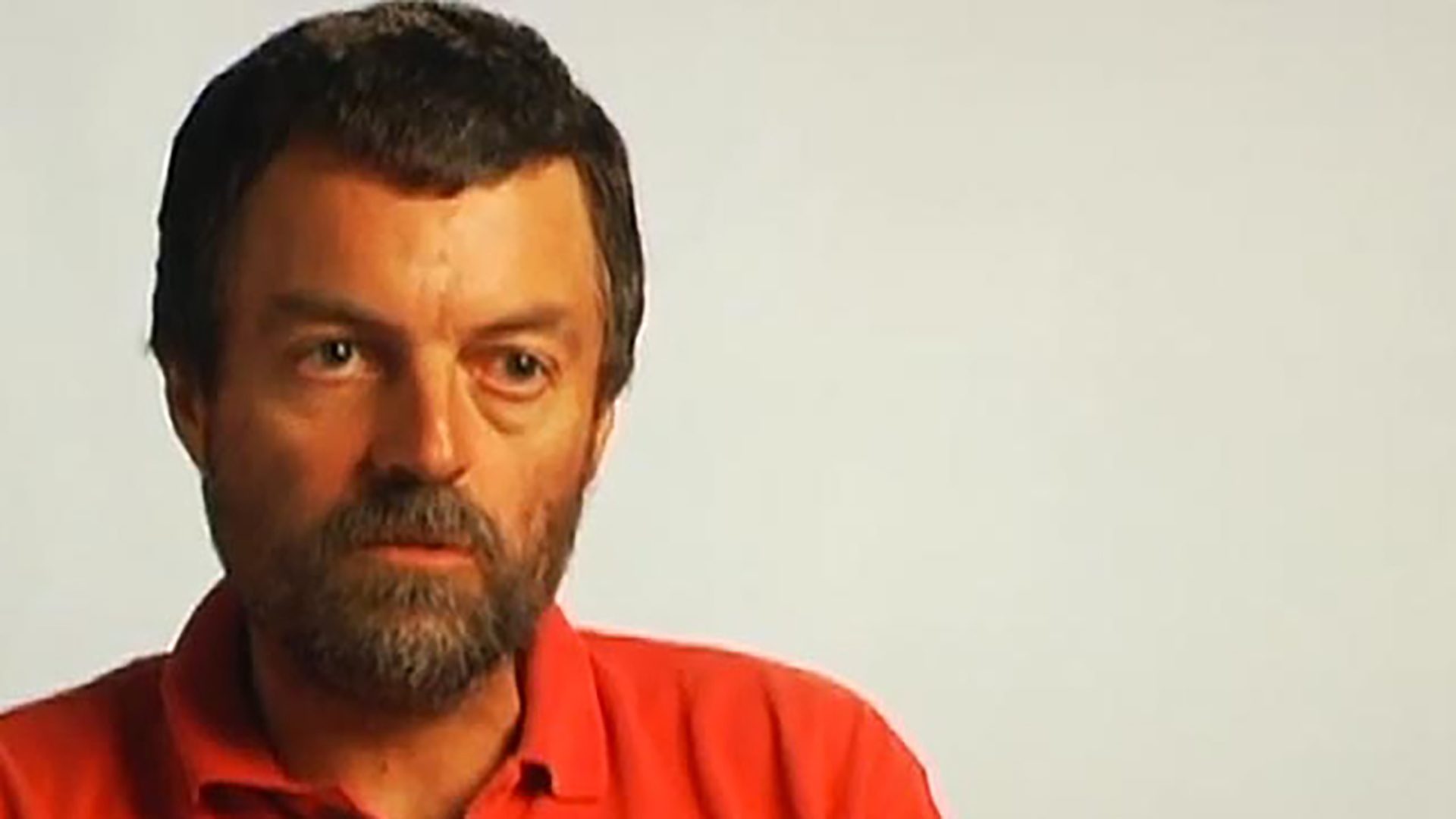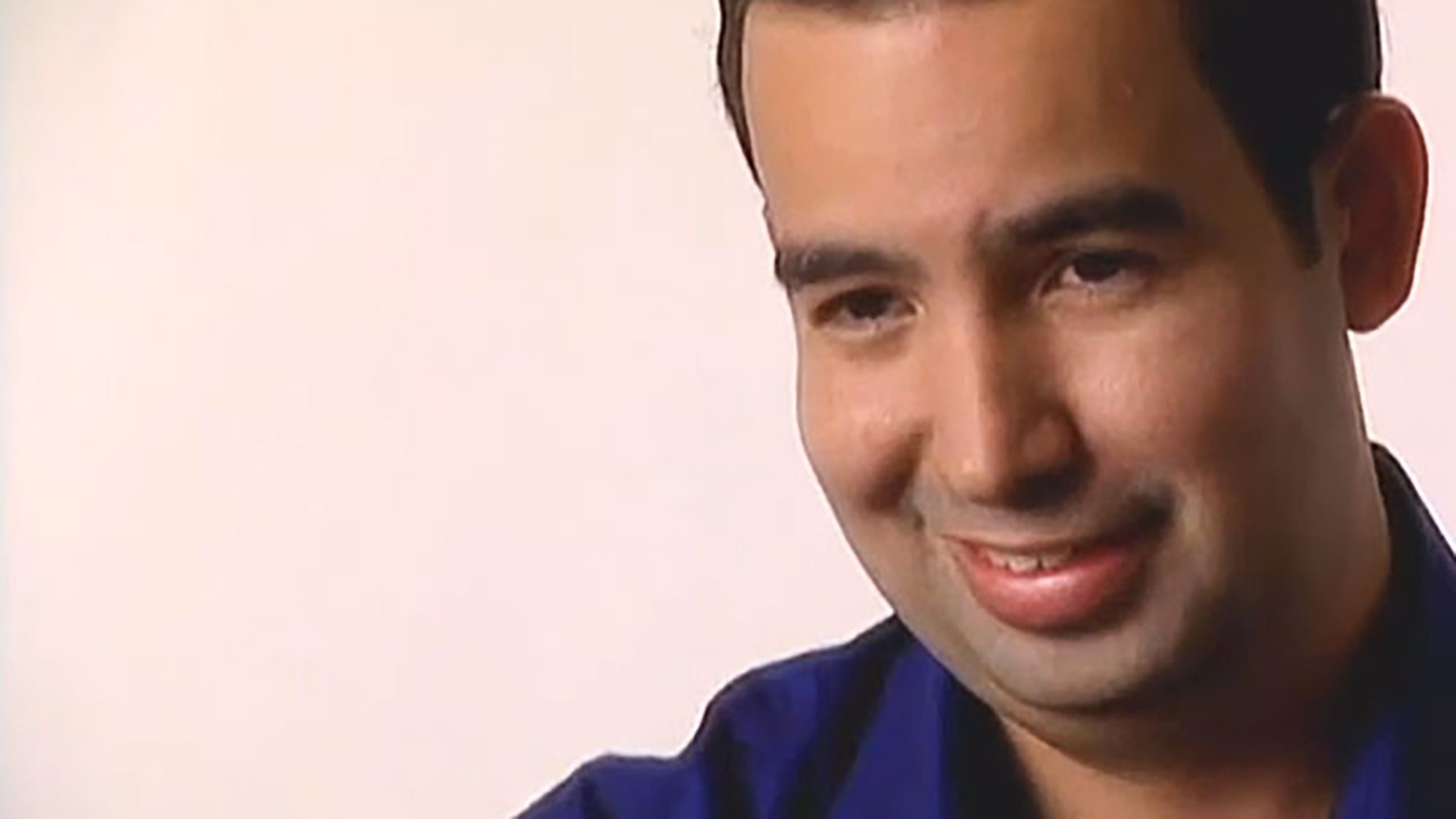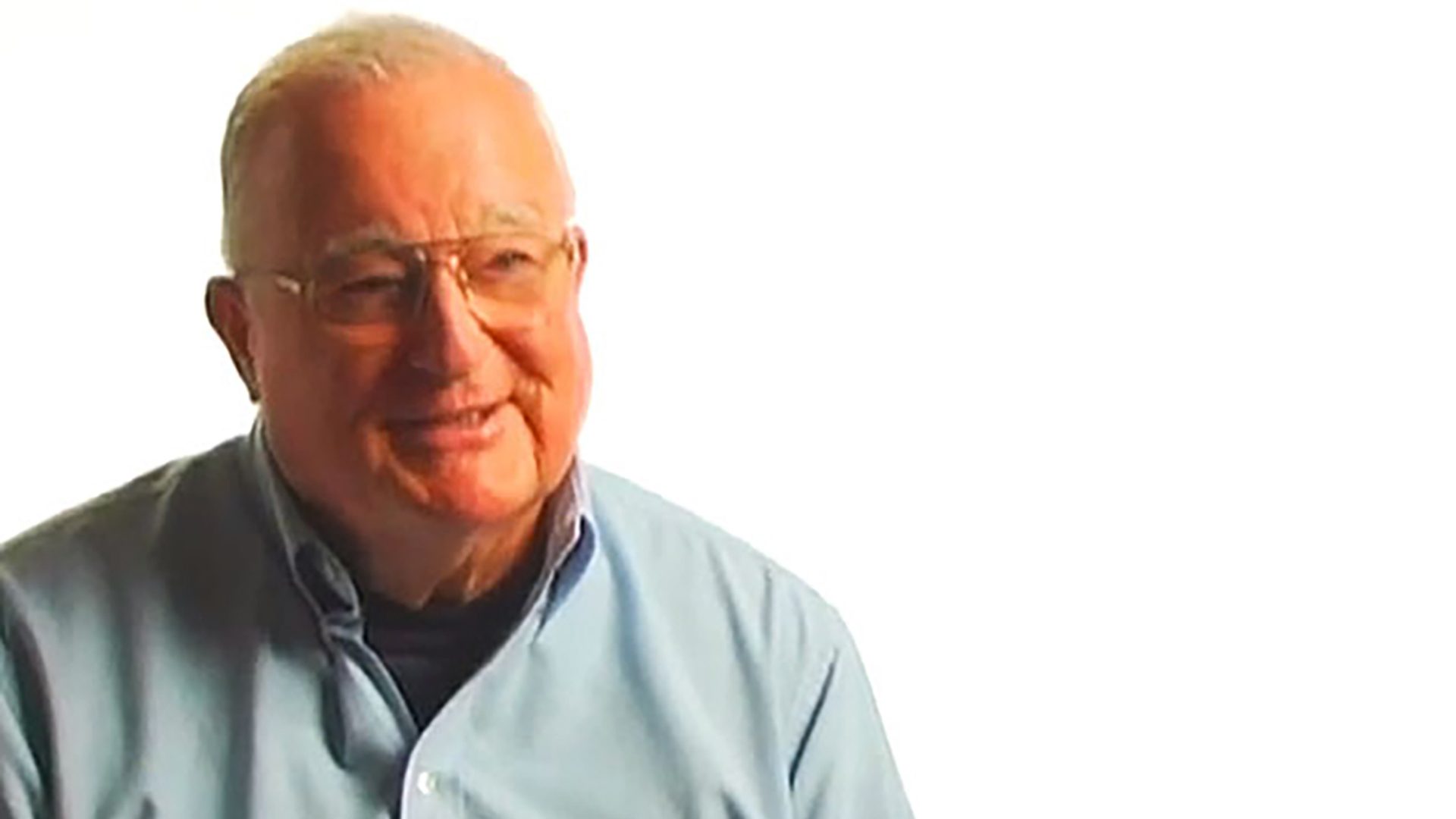Survivor Interview – Richard C.
Richard discusses his journey of being diagnosed with melanoma, living as a survivor, and communicating with loved ones.

I became a survivor in 1994 when I was first diagnosed with melanoma.
I had a mole on my leg that I had noticed before it changed color, but I didn’t think anything of it. It turned out that was a cancerous mole. Immediately, I got sent off to an oncologist to excise the mole. As far as he knew, they had taken out the whole mole, and there was no problem after that. In May of 2000, I noticed some pain in my groin area. A few months later, it got acutely worse. I went to the hospital, and it appeared as though I had appendicitis. One of the original cancer cells had traveled through my body, lodged itself in the lymph nodes and started growing. They opened me up to take out my appendix and found that it was perfectly fine. Then they found the other problems.
Those initial surgeons weren’t specialized in that area, so they took out the bits that were dying and just sewed me back up. I went to the oncologist at that hospital, a generalist in cancer therapy. He told me that the particular cancer I had was fairly strong, and it was very hard to cure that cancer, which was not what I wanted to hear. After that, my wife and I started looking, especially on the Internet, to see what we could find out about that particular cancer. The Internet was incredibly valuable. We started looking for people that were specialists in this particular cancer. I believe it’s better if you can find a specialist. So I found a specialist in Santa Monica, went there and started the treatment recommended by that doctor.
There’s no one universally recognized cure for melanoma. The particular experimental cure that the doctor recommended was a mixture of chemotherapy and a drug called Interleukin-2, which helps boost the immune system. The idea is that your own immune system will attack the cancer. The combination of the chemo and the IL-2 shrank the tumor. It didn’t totally work. The belief was that it probably killed or hopefully killed any loose cells in my body that might lodge themselves somewhere else and start growing again. Once the tumor was shrunk to a more manageable size, I went to a specialist surgeon that took the tumor out. I’m now on a maintenance program, where I have to go to the hospital every couple of months and get a high dose of IL-2 to further boost my immune system in the hope that it will kill any lingering cells. I feel good, apart from when I’m in the hospital.
Exercise has been quite important to me. Before I was first diagnosed, I used to do a lot of hiking and climbing, so I was fairly fit. After I had children, I didn’t have as much opportunity to do that. I’ve put on a little bit of weight and am not quite as fit. After I had the initial surgery, I felt weak. The chemo would make me feel weak. I wanted to try and build up my strength, so I started trying to do some more exercise. At that time, the book by Lance Armstrong was a big inspiration to me, to see that he went through slightly worse chemo than me, and he could pull himself back so far. I decided that I would try and be like that and started doing a lot more exercise. I currently am still doing that apart from the times where I have to go back to the hospital for the maintenance period, which makes me feel weak. Nowhere near as weak as chemo, but weak enough so that I can’t constantly ride my bike for a mile. But after about a week out of that period, I start exercising as much as I can.
When my first cancer appeared in 1992, it didn’t come back in metastatic form until 2002. That made me wonder why it came back and why it didn’t just stay away forever. I wanted to be able to do something to help keep it away forever, so I changed my diet. I’m pretty much a vegetarian now and trying to eat organic things. It makes me feel a lot better. I feel quite good about it. I’m not totally a vegetarian. Sometimes you can find organic meats, and I eat those, but I don’t like to eat hormone-treated meats. I think that helps a lot.
The second time I was diagnosed with the cancer was a big shock to me. About a month after I was diagnosed with metastatic melanoma, I found out my wife was pregnant with our third child. I was still uncertain as to what the way forward was, so it was a pretty unsteadying time. Of course, everything has turned out great. We have a wonderful baby daughter, who’s now 18 months old. But the chemo made me lose sexual interest. It just sapped it from me. A young baby doesn’t help that either. I’ve experienced that before with my previous two children. So it’s taken some time to get that aspect of my life back together. I don’t think it’s a permanent issue. There is a permanent issue that we can no longer have children, because the drugs I’m taking could cause abnormal children. It is okay though, because we have three children.
Communication with everybody about cancer is not that easy, because it’s hard to get the right balance. You don’t really want to stress the other people out. Some people take it very badly. But you also don’t really want sympathy if you’re feeling fairly strong in yourself and coping with it. Getting the balance right with different people at different times changes. Talking about it can not be very easy. Not talking about it too much hasn’t caused me too much anxiety, because by nature, I’m a very introverted person. But I could imagine that it could cause anxiety.
It was very interesting to me how some of my friends responded. It was very touching because I originally came from England. I moved to America in 1986. I still have friends back in England. They were very supportive of me. Because my wife was in the late stage of pregnancy during one of my chemo treatments, she couldn’t accompany me to the hospital, but one of my friends came over from England to help me. That kind of support was quite moving, and it’s difficult to know how you can actually repay that.
There’s only one time when I was very angry and upset. It was after the initial diagnosis and the very negative prognosis from the initial doctor’s visit. At that time, I felt that maybe I wouldn’t even see my baby daughter get born. So that made me angry, but after that, I did a lot of thinking about different aspects of how it was going to affect me and what dying might mean to me and my family. I decided that I’d stride forward and not die because of the cancer. There’s not much you can do. A lot of your cure is in the hands of the doctors, but I think for me, it’s been very important to feel that I’m doing something. That’s why the exercising has been very important to me, and the change of diet has been very important to me. Also, the positive attitude’s been important to me. I’m not really into touchy-feely-pseudo-science-type stuff, but I do feel that can help.
One thing that was very important for me was to look around to see other people that have survived cancer to see that it can be done. There are a number of prominent people that have done that. I guess the most prominent one, and the one I chose to associate myself with and follow, is Lance Armstrong. His ‘live strong’ motto is important to enthuse me to carry on and try hard. I live strong by trying not to take the disease in stride and not using it for any sympathy. I live strong by pushing myself forward as though nothing had happened before. That’s what I try and do.
The Lance Armstrong Foundation and its example has been a really big help to me, to show that you can come back, be strong, survive it. Of course, what he did was incredible anyway even having cancer. His whole attitude towards life and his demeanor is exemplary. Something to follow.
My name is Richard Contreras. I am 47 years old, and I am a 10-year melanoma survivor.

